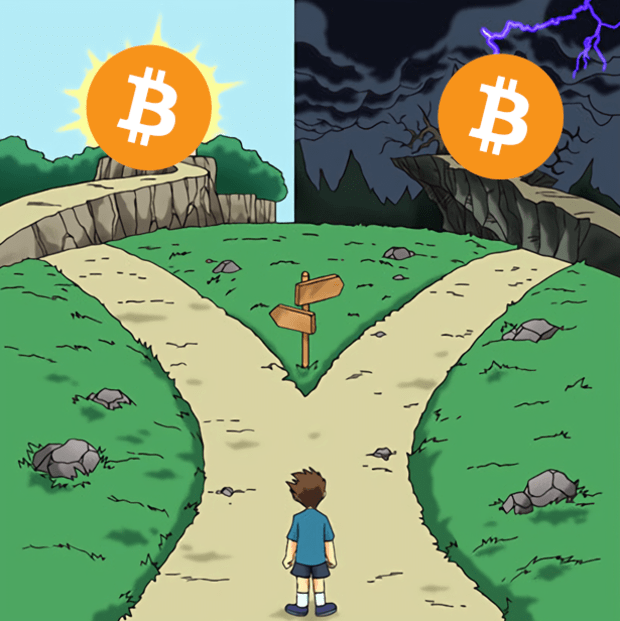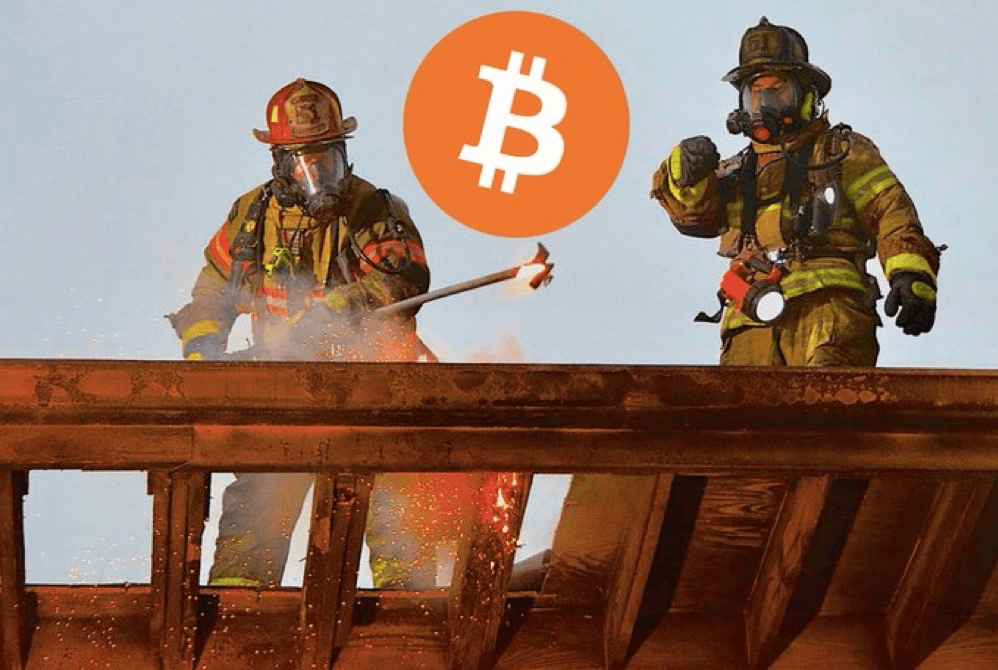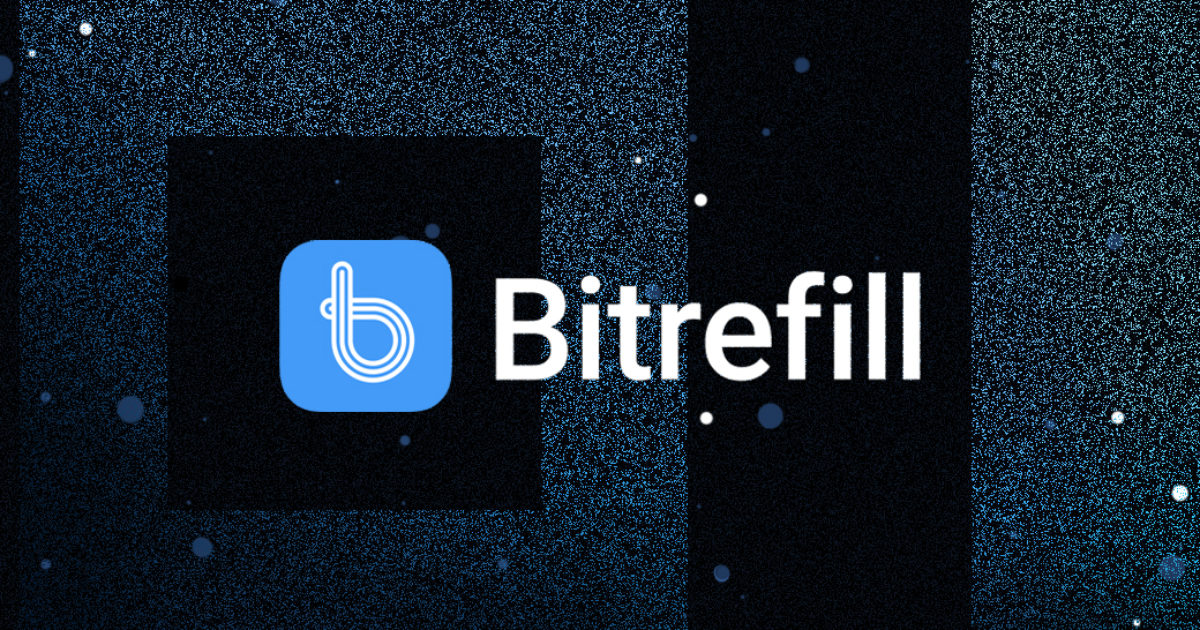LocalBitcoins Cuts Deposit, Transaction Fees Between Wallets In Platform To Zero
Person-to-person bitcoin exchange LocalBitcoins has announced it has cut down some fees on the platform to zero.
Bitcoin exchange LocalBitcoins has announced that deposit fees and transaction fees between wallets in the platform are now free. Launched in 2012, the platform doesn’t touch fiat currency itself; users can transact with each other leveraging the platform that only intermediates the process – introducing sellers to interested buyers.
Initially, LocalBitcoins became very popular because the platform was more lenient on identity-verification procedures since it doesn’t transfer money itself. Users could also go further to buy bitcoin anonymously through cash trades, where buyer and seller would meet on a local, public space – hence the platform’s name.
However, LocalBitcoins has changed dramatically in recent years, arguably losing its go-to status for anonymous bitcoin transactions. In March 2019, the exchange released a statement saying that it would abide by new regulations in Finland, where it is based, and require users to verify personal information. The new rules, which would come into effect in November 2019, included four individual account levels per trade and BTC volume, requiring the verification of the source of funds in some cases.
Later that year, in May, LocalBitcoins banned Iranian users from the platform and withdrew all services from Iran. In June, the exchange further limited user ability to retain privacy by stopping customers from making in-person trades of bitcoin for cash. Finally, in August, LocalBitcoins strengthened its KYC requirements, even more, losing credibility in the anonymous bitcoin trading space.
However, the platform remains important for other use cases worldwide. In Nigeria, for instance, the central bank (CBN) attempted to restrict BTC trading by banning regulated institutions from dealing with bitcoin in February 2021. However, a few months after that, the country experienced an increase in bitcoin activity, with peer-to-peer BTC trading volume rising by 27% in Nigeria. But it isn’t clear how much of that came from LocalBitcoins.









